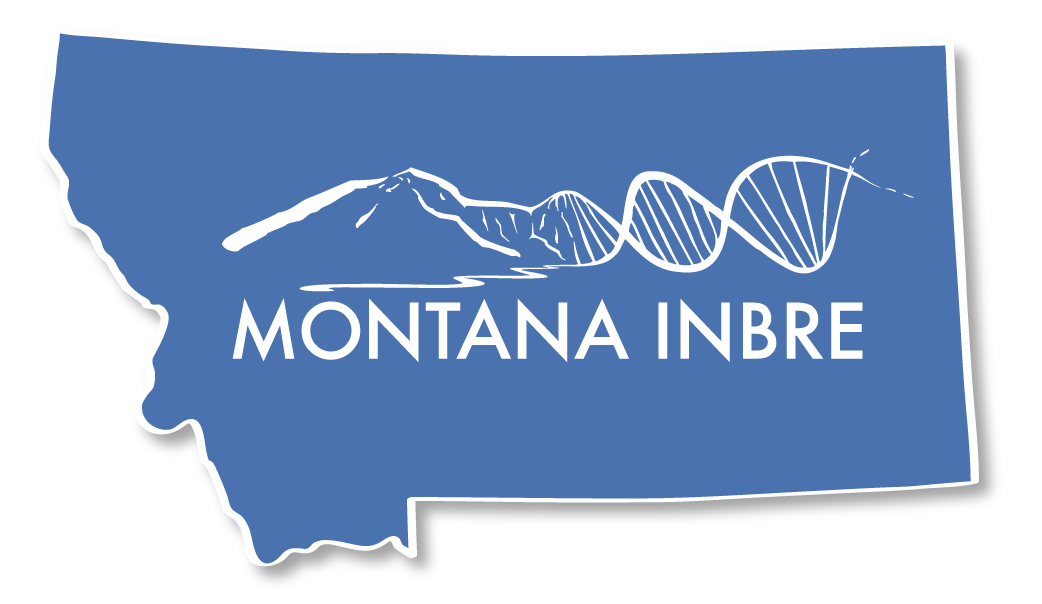Community Based Participatory Research
How Montana INBRE approaches projects involving rural and Native communities
Lay of the Land
Montana is a unique state with a vibrant constellation of rural communities, Native American tribes, small towns and residents with family trees that extend back for generations.
Local knowledge runs deep throughout the state, and Montanans are the stewards of a vast reservoir of collective wisdom. This is especially true in rural and Native communities, which house their own cultural, linguistic and investigative traditions.
Montana INBRE supports investigators interested in improving health in these communities by fostering and enhancing research partnerships and collaborations. We believe that effective and long-lasting community collaborations are best served by employing Community Based Participatory Research (CBPR) methods that consider and embrace the relevant cultural and linguistic traditions, as well as the health needs as defined by community members, themselves.
CBPR approaches* typically include:
- Recognizing the community as a unit of identity
- Building on the strengths and resources of the community
- Promoting co-learning among research partners
- Achieving a balance between research and action that mutually benefits both scientist and community
- Emphasizing the relevance of community-defined problems
- Employing a cyclical and iterative process to develop and maintain community/research partnerships
- Disseminating knowledge gained from the CBPR project to all involved partners
- Requiring long-term commitment on the part of all partners
*From: Israel BA, et all. Critical issues in developing and following community-based participatory research principles. In: Community-based Participatory Research for Health: Jossey-Bass; 2003. pp. 53–76.
How Montana INBRE approaches CBPR projects
To help encourage the use of CBPR methodology in Montana, the Montana IDeA Community Engagement Core (CEC) draws on the expertise of a team of community-academic partners who value the mutual goal of improved health through engagement, dialogue, and collective problem solving. We believe biomedical research is enhanced and made more effective through equal and participatory modes of investigation. We value the unique strengths and perspectives that community partners lend to research and recognize how those projects are made stronger and more viable through CBPR. When community members are involved all aspects of the research process as equal partners and feel a sense of ownership over methods, decisions, and outcomes, collaborations tend to realize greater benefits and uncover more meaningful discoveries.


